Tag: business
-

Amelia Reigstad, University of Wisconsin River Falls – Workplace Communications
Does the gender of an employee play a role in the outcome of a public relations campaign? Amelia Reigstad, visiting assistant professor at the University of Wisconsin River Falls, looks into whether personality traits rather than gender can make the biggest difference. Amelia Reigstad joined the University of Wisconsin River Falls Marketing Communications program from…
-
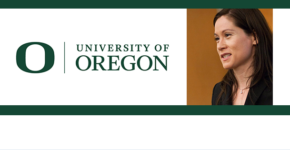
Elizabeth Tippett, University of Oregon – Employers and Sexual Misconduct
Employers can rely too much on law enforcement to handle employees accused of misconduct. Elizabeth Tippett, associate professor in the school of law at the University of Oregon, discusses why employers should be prepared to act without outside assistance. Professor Tippett researches business ethics, employment practices, and decision-making. Her most recent research, published in the…
-
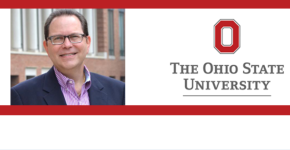
Howard Klein, The Ohio State University – Prior Commitments at Work
Do you still think about prior commitments you’ve had at work? Howard Klein, professor of management and human resources at The Ohio State University, discusses the need for businesses to help employees feel good about moving on. Howard J. Klein is a professor of management and human resources in the Fisher College of Business at…
-
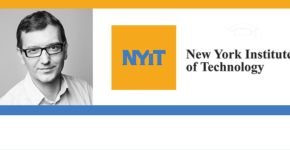
Radoslaw Nowak, New York Institute of Technology – Employee Empowerment and Corporate Change
The larger a company gets, the more problems arise. Radoslaw Nowak, assistant professor of HR management and labor relations at the New York Institute of Technology, discusses empowering employees on the front lines to make sure the company keeps running smoothly. Radoslaw (Radek) Nowak received a master’s degree in Human Resources Management at the University…
-

Qiang Wu, Rensselaer Polytechnic Institute – Effects of CFO Gender on Financial Reporting Decision Making
Female CFOs can be more risk averse. Qiang Wu, associate professor of financial accounting and corporate finance at Rensselaer Polytechnic Institute, explores the differences between the sexes in this role. Qiang Wu’s current research interests include tax avoidance, accounting conservatism, debt contracting, earnings quality, auditing quality, corporate governance, financial analysts, and corporate social responsibility. His…
-
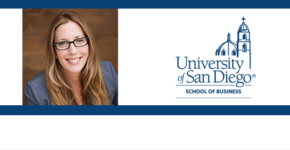
Jennifer Mueller, University of San Diego – Leadership Resisting Creativity
Leaders say they welcome innovation and new ideas, but do they in practice? Jennifer Mueller, associate professor of management at the University of San Diego, explains why many organizations actually reject creativity. My research examines the biases people have against creative ideas and creative people. I wrote a paper, “The Bias Against Creativity” that went…
-

Dawn Keig, Whitworth University – Hidden Corruption
There are multiple forms of corruption to keep an eye on. Dawn Keig, associate professor of business at Whitworth University, examines formal and informal corruption and how they affect firms differently. Dawn Keig teaches Strategic Management and is Chair of the Business and Economics department at Whitworth University in Spokane, Washington. Her research examines how…
-

Stacie Bosley, Hamline University – Pyramid Schemes
Everyone has been pitched on a pyramid scheme. Stacie Bosley, assistant professor of economics at Hamline University, discusses risk factors for victimization and how to keep yourself and loved ones’ finances safe. Stacie Bosley is an economist who focuses on microeconomics and behavioral economics in both her research and teaching. Bosley is presently studying the…
-
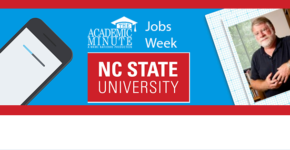
David Zonderman, North Carolina State University – Labor Unions
We hear a lot of negative news about labor unions. David Zonderman, professor of history at North Carolina State University, discusses how labor unions came to flourish and whether they should play an important part of our future. David A. Zonderman is an Alumni Distinguished Undergraduate Professor and Department Head in History at North Carolina…
-
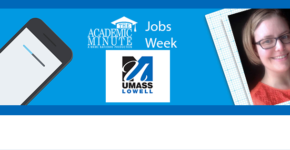
Kacey Beddoes, University of Massachusetts Lowell – Wage Gap
Do women negotiate for higher salaries at the same rate as men? Kacey Beddoes, assistant professor of sociology at the University of Massachusetts Lowell, discusses new insights into that question and implications of how the wage gap is explained. Kacey Beddoes is an Assistant Professor of Sociology and Faculty Associate of the Center for Women…
